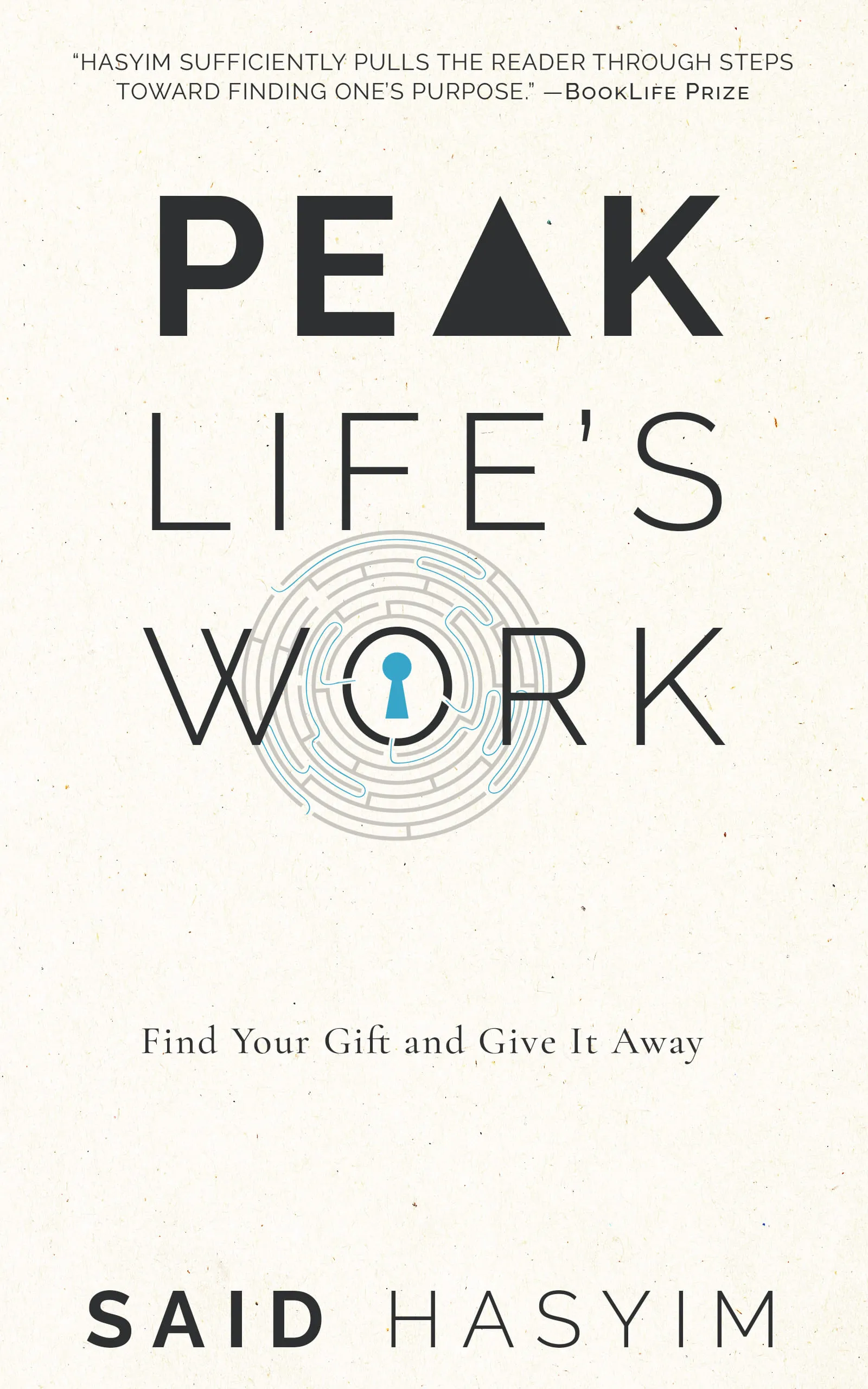How to Identify and Nurture Your True Gift
In a world bustling with noise and distractions, many people find themselves grappling with a fundamental question: What is my true gift? This question often looms large over personal and professional landscapes, influencing everything from career choices to personal fulfillment. Identifying your true gift may be one of the most rewarding journeys you undertake, leading to greater satisfaction and success. In this blog post, we’ll explore how to identify your true gift and provide actionable steps to nurture it.
Understanding Your True Gift
Before diving into the identification process, it’s essential to clarify what we mean by “true gift.” A true gift can be seen as a natural talent, passion, or inclination that brings you joy and fulfillment. It may be something you excel at, something that piques your curiosity, or simply an activity that brings you a sense of flow and joy when engaged in it. Acknowledging and embracing this gift can lead to a deeper understanding of yourself and your unique contributions to the world.
Step 1: Reflection and Introspection
The journey to identify your true gift starts with reflection. Here are some questions to ponder:
- What activities make you lose track of time?
- When do you feel most energized?
- What do people compliment you on most frequently?
- In what area do you have a natural inclination or skill that others may not?
Set aside time each week to sit in silence with these questions. Journaling your thoughts can also be a powerful tool for uncovering patterns in what excites and fulfills you.
Step 2: Seek Feedback from Others
Sometimes, it can be difficult to see our own strengths. This is where seeking feedback can be invaluable. Reach out to trusted friends, family, or mentors and ask them:
- What do you think I’m good at?
- When have you seen me at my best?
Make sure to listen actively and remain open to their perspectives. Their insights can provide clarity about your strengths and passions that you might overlook.
Step 3: Explore New Activities
Sometimes, your gifts may not be apparent until you engage in various activities. Don’t hesitate to push your boundaries and step outside your comfort zone. Attend workshops, take classes, or volunteer in different fields. The more varied experiences you have, the more likely you are to uncover hidden talents or passions you haven’t yet explored.
Step 4: Identify Patterns and Recurring Themes
Over time, you may start to notice patterns in your interests and activities. Maybe you consistently gravitate toward creative tasks, or perhaps you find that you enjoy helping others solve problems. Take note of these recurring themes, as they can provide hints about your true gift. Create a visual map or a list that captures your insights, making them easier to analyze and reflect upon.
Step 5: Embrace Possibility and Let Go of Fear
Often, fear holds us back from fully embracing our gifts. Fear of failure or fear of judgment can cloud our judgment and cause us to downplay our talents. Acknowledge these feelings and remember that growth often comes from risk-taking. Embrace a mindset of possibility, allowing yourself to dream about how you could develop or utilize your gifts in service of others.
Nurturing Your True Gift
Once you identify your true gift, the next challenge is nurturing it. Here are some practical ways to cultivate and develop this gift:
1. Set Goals
Establish clear, achievable goals related to your gift. These can be short-term or long-term objectives. Setting goals gives your journey direction and measurable milestones for success. For example, if your gift is in writing, you might set a goal to write 500 words daily or submit an article to a publication each month.
2. Create a Routine
Incorporate your gift into your daily life. Whether it means dedicating a specific time for practice or carving out space in your schedule for creative endeavors, consistency is key when nurturing your talents.
3. Seek Out Mentorship
Consider seeking out a mentor who excels in the area you’re passionate about. A mentor can provide advice, guidance, and encouragement, which can be invaluable on your journey of development. They can help you contextualize your skills within a broader framework and offer feedback on how to improve.
4. Practice Deliberately
Embrace deliberate practice, a method known for developing expertise. This means not only practicing regularly but also targeting specific aspects of your gift that require improvement. Instead of mindlessly repeating activities, focus on areas where you can grow.
5. Join a Community
Connect with others who share similar interests. Surrounding yourself with like-minded individuals can provide motivation, inspiration, and a sense of belonging. Participate in forums, local groups, workshops, or online communities centered around your gift.
6. Reflect and Adjust
Regularly reflect on your progress. Assess what’s working and what isn’t. Adjust your approach based on your experiences and feelings. This ongoing process will help you better align your actions with your true gift.
Conclusion
Identifying and nurturing your true gift is not an overnight endeavor. It requires introspection, courage, and resilience. Remember that the journey is just as important as the destination. Embrace the process, stay curious, and give yourself permission to explore. In doing so, you’ll not only uncover your true gift but also likely find a path that leads to a life filled with purpose and passion. Through this journey, you can make meaningful contributions to the world while living authentically in alignment with your innate talents. Happy exploring!
Start Your Transformative Journey
Peak Life's Work, a transformative book to unlocking your true potential and finding purpose. Learn science-backed strategies from top performers to enhance skills and creativity. Gain insights into success and failure while uncovering your personal talents. With practical steps for self-discovery and nurturing talent, this book equips you for a fulfilling journey toward your greatest work.
